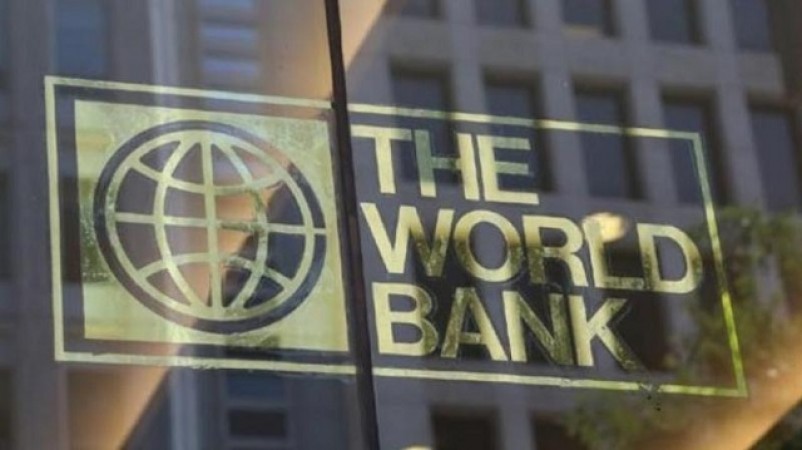
WASHISNGTON: The World Bank (WB) endorsed financing to the tune of 100-million-Dollar for the “Water Sector Resilience Project in El Salvador,” which will help to improve the reliability, quality and efficiency of the water supply services in selected areas of the country.
The work areas would be the communities of San Salvador, Apopa, Ciudad Delgado, Cuscatancingo, Ayutuxtepeque, and Soyapango in the San Salvador Metropolitan Area that receive water from the Torogoz water treatment plant.
"We are pleased with the World Bank's support, which focuses on climate change and resilience in order to improve access and the sustainable management of limited water resources," said Alejandro Zelaya, the finance minister. In order to protect and preserve the availability of water for future generations, it is imperative that our nation encourage responsible water use.
Consumers will benefit from higher-quality water supply services thanks to this project's more dependable, continuous, and pressurised supply, which will enhance people's health and economic well-being.
By funding projects, products, and services that increase the resilience of water supply infrastructure and the provision of water services for at-risk people in urban and peri-urban areas of San Salvador, the Project will improve the quality, dependability, and efficiency of water services. Also, it will provide funding for the implementation of a plan to minimise non-revenue water losses in the vicinity of the Torogoz water supply system, which serves around 40% of the Metropolitan Area's population.
To improve the provision of climate-resilient water supply and sanitation services, the National Aqueduct and Sewerage Administration [Administración Nacional de Acueductos y Alcantarillados ANDA] will also be strengthened in its modernization process. Institutional project management support will also be given, including technical assistance for capacity building and financial, procurement, environmental, and social management support, as needed.
"We believe it is of critical importance to work for Salvadoran families that are exposed to droughts, storms, and floods who suffer constantly from the disruption of their water services." "Women in particular, who as head of families and carers are among those most affected by the impacts of climate change, can benefit from integrating climate risks into the design and rehabilitation of infrastructure to increase the reliability of water supplies, said Carine Clert, Country Manager for El Salvador and Costa Rica.
The Project contains a contingent emergency response component (CERC), which will enable a rapid response to a crisis or emergency that qualifies by having caused or being expected to create a negative economic or social effect as a result of a man-made or natural phenomenon.
The International Bank for Reconstruction and Development (IBRD) provided the financing for the $100 million transaction, which has a 25-year final maturity with a 5-year grace period.